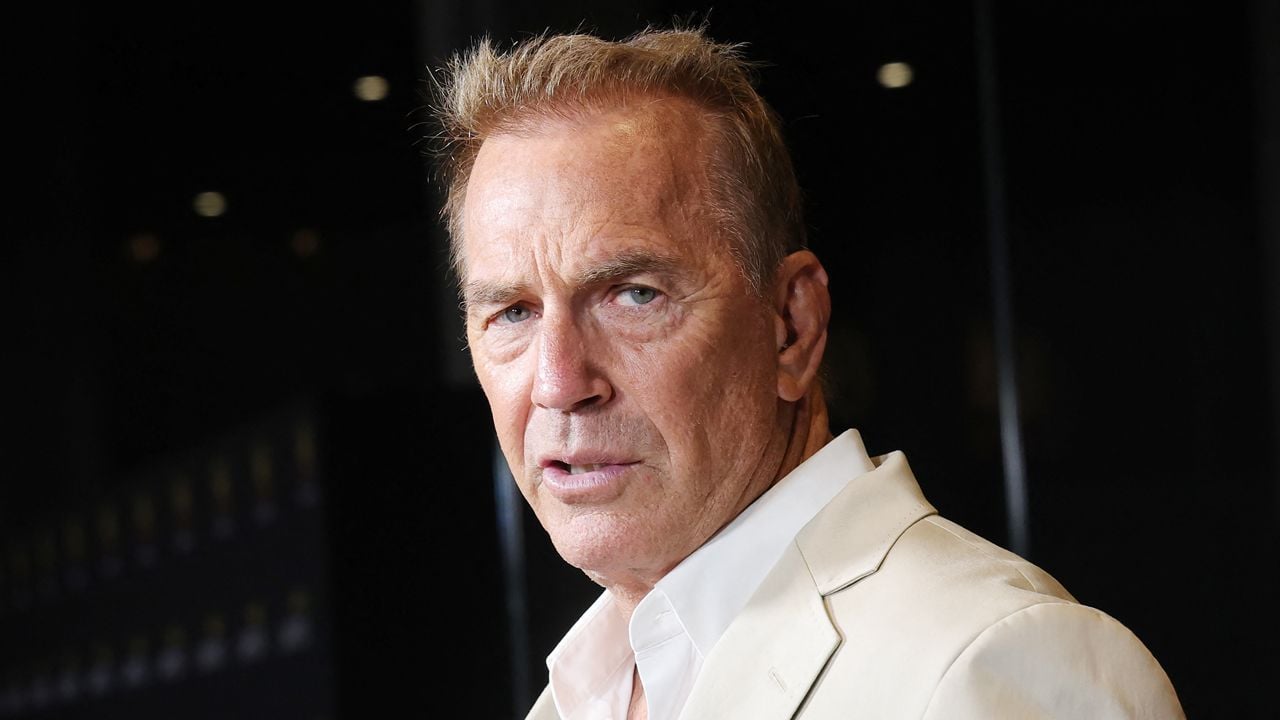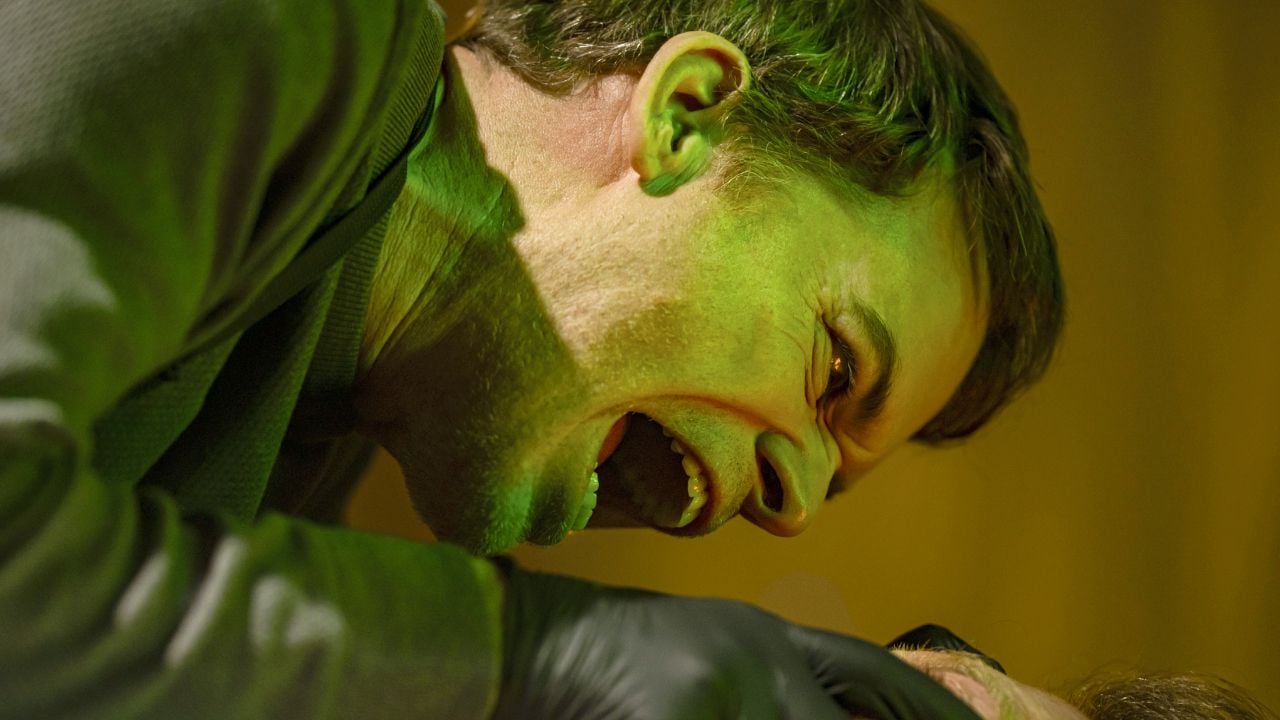Filmin’s new original series is a documentary about the importance of the writer Terenci Moix.
“Neither Boris Izaguirre nor Samantha Hudson would exist without Terenci”, declares Álvaro Augusto, screenwriter of ‘Terenci. The infinite fabulation’ and ‘Samantha Hudson, a story of faith, sex and electroqueer’. Augusto refers, of course, to the writer and journalist Terenci Moix, prophet of pop counterculture, regular columnist for FOTOGRAMAS and libertarian in times of moral and political censorship, from the 1960s to the new century.
Sharp pen, popular phenomenon and yet still overlooked for being a terrifying child who shamelessly criticized the high Catalan artistic-bourgeois circles while rubbing shoulders with the great folkloric of the country. His are ‘Don’t say it was a dream’ (1986 Planeta Award) and ‘El sexe dels àngels’ (1992 Ramon Llull Novel Award), and a good handful of other works (‘The day Marilyn died’, ‘ Cool and famous’, the memories of ‘The weight of the straw’), books that would open the Spanish literary panorama to an unashamedly queer and rebellious urban reality.
‘Terence. The infinite fabulation’
RTVE, in co-production with Filmin, presented yesterday ‘Terenci. The infinite fabulation’ within the framework of the BCN Film Fest, an event dedicated to cinema in conjunction with literature and the rest of the arts. It is a four-episode documentary series that aims to “make people of our generation discover Terenci”. Those were the words of Marta Lallana, director of ‘Ojos negros’, who recognized the oblivion to which one of the most important cultural figures of the last century has been relegated: “We have lived through Terenci’s emptiness, he has never been in our map.”
To explain and celebrate the author, Lallana and his team of researchers have gone to the archive, of which Terenci had a good time. After all, during the eighties Moix was responsible for and presenter of two programs for Spanish Television: ‘Terenci a la fresca’ and ‘Más estrellas que en el cielo’, a program where interviewed stars such as Kirk Douglas, Lauren Bacall and Joan Fontaine (Do you know the stars of classic Hollywood?). The intention of Augusto and Lallana is to let Moix express himself in his own words, but “we live at a time when tradition and novelty are constantly mixed, and mixing is what he did when he created“.

‘Terenci’ also pursues the mix, “combining a lot of archival material with electronic music and editing techniques that are characteristic of today. Formally it is a series that takes a lot of risks”. At the controls of the editing table is Víctor Diago, editor responsible for the controversial series ‘Self-defense’ (Filmin). In the presentation of the chapters, a trailer was shown that suggests a dynamic documentary, full of witty and sharp comments that circumscribed the figure of Moix, as well as interviews with personalities like the photographer Colita, the poet Luis Antonio de Villena, Boris Izaguirre himself and the screenwriter Anaïs Schaaff (‘The Ministry of Time’, ‘La última’), among others.
The series will see the light of day in September, if everything goes according to plan, and will be broadcast four months later as a one-hour feature film on RTVE. Juan Carlos Tous, CEO of Filmin, has explained how the project fits into the editorial line that the platform has been drawing for years, justifying ‘Terenci’ on “the light” that Moix sheds on our present: “At Filmin we have many documentaries about people who They had something to say.” For now, and to whet your appetite, you can see in his catalog ‘Anatomy of a dandy’, dedicated to the pen of Francisco Umbral.
Terenci Moix, happy in advance
Important faces of cultural journalism participated in the presentation, such as the critic Salvador Llopart, who claimed the need to talk about Moix from 2023: “Twenty years after his death, Terenci has gone through a kind of limbo. As with other great artists, when they die they produce a great media and social explosion that disappears over time”, —there comes ‘Terenci. The infinite fabulation’—, “and years later they return to be vindicated. It is time for Terenci to take the true dimension of him “. Oriol Nolis, president of RTVE, insisted:”In society we do not have plenty of moral references in any field. Terenci, who never allowed himself to be subdued or labeled, was.”
The director Marta Lallana points out that its relevance goes beyond times and formats: “It has many more links with the present than it seems. It showed what it wanted from itself, just as we all do on social networks. It would be at least curious to imagine what Terenci’s Instagram would be like…“. In any case, concludes the screenwriter Álvaro Augusto, “when you discover Terenci, he offers you the possibility of understanding that the world is much more open, free and modern.” And he continues: “Terenci was a pioneer of what we are now, a breaker of the concepts of high and low culture in Spain”. It is an attitude similar to that of Capote, in the US: “Pronto was as important to him as Joyce’s ‘Ulysses’“.

He demonstrated it as a columnist in FOTOGRAMAS, where he performed his role as cinephile “with a sense of humor, with a different sensibility, with curiosity and, above all, with a special ability to find points of contact between Greek tragedies and peplums, between Lana Turner’s hairstyles and the British aristocracy”, thus reads the catalog of the Cycle that the Filmoteca de Catalunya dedicated to her ten years ago .
Source: Fotogramas
Rose James is a Gossipify movie and series reviewer known for her in-depth analysis and unique perspective on the latest releases. With a background in film studies, she provides engaging and informative reviews, and keeps readers up to date with industry trends and emerging talents.





-to4l92e9v7fo.jpg)

